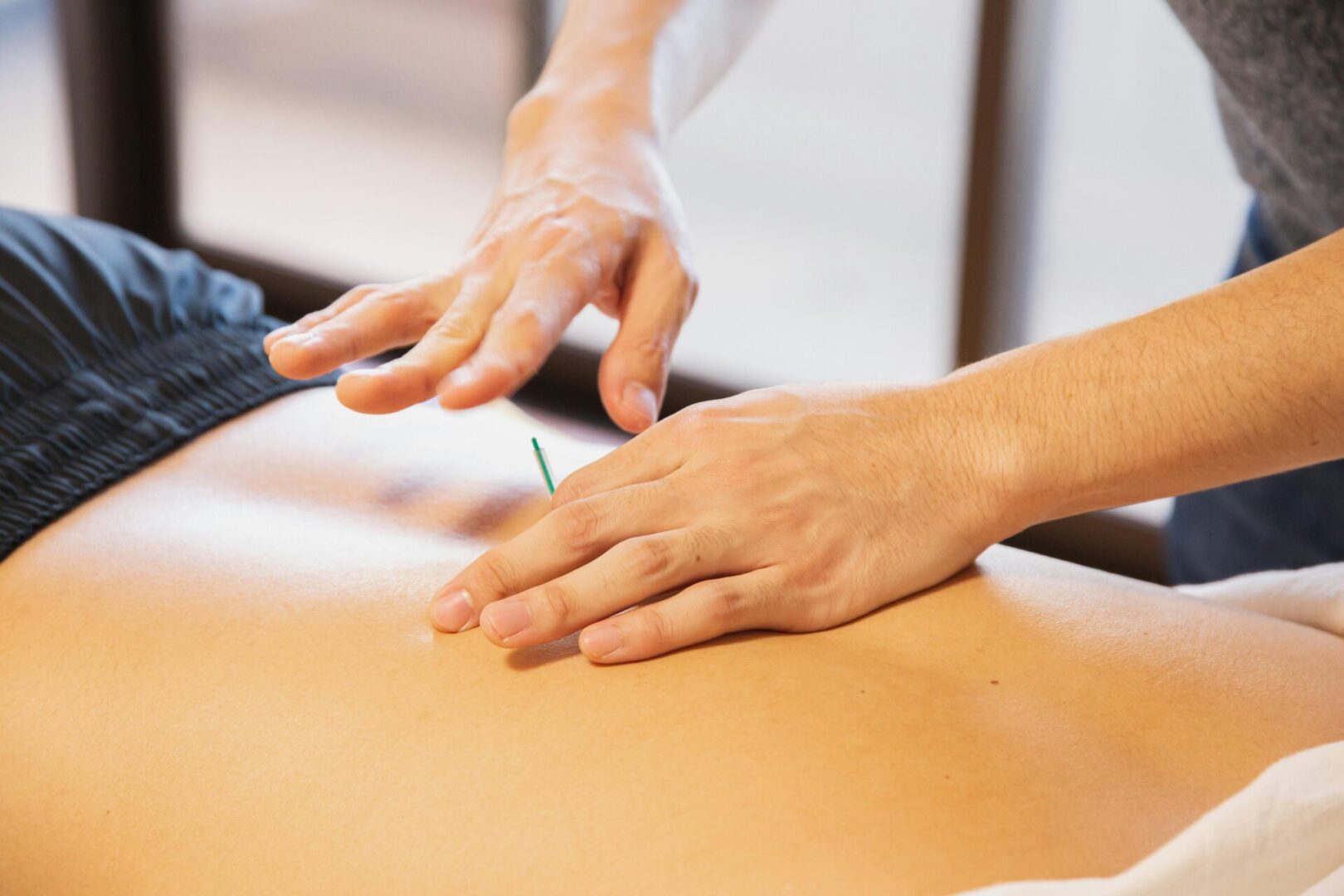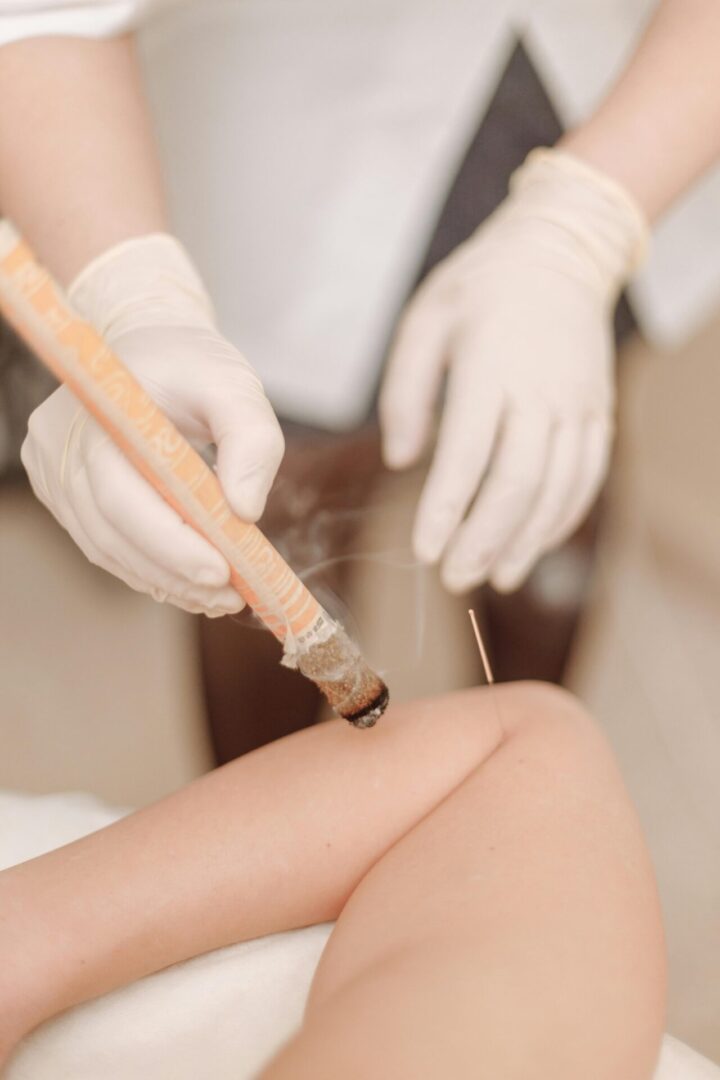Benefits of Acupuncture: Your Questions Answered – Truth Guide
Understanding the Benefits of Acupuncture and How It Works
Benefits of acupuncture have been recognized for thousands of years as part of Traditional Chinese Medicine (TCM), yet many people today still have questions about how it works and what it can do. Acupuncture is an ancient healing practice that involves the insertion of very thin needles into specific points on the body to promote the body’s own natural healing intelligence. These points lie along meridians, pathways that facilitate the flow of Qi (pronounced “chee”), or vital energy. By stimulating these points, acupuncture helps restore balance, alleviates pain, and improves overall health.
What Conditions Can Benefit from Acupuncture?
The benefits of acupuncture extend across a wide range of conditions. It is widely recognized for treating pain such as back pain, headaches, and arthritis. Beyond pain relief, acupuncture supports fertility and helps regulate menstrual cycles. It also addresses dermatological issues, neurological symptoms, ear, eye, nose, and throat conditions, stress management, digestive disorders, sleep problems, hormonal imbalances, and more. This versatility is a key reason why the benefits of acupuncture continue to grow in popularity worldwide.
Is Acupuncture Painful?
One common question about acupuncture is whether it hurts. Most people find acupuncture relaxing rather than painful. The needles are extremely thin, and while a slight pinch or tingling sensation may be felt during insertion, the overall experience is generally painless. Many patients even fall asleep during their sessions, highlighting the calming benefits of acupuncture.
How Many Treatments Are Needed to Experience Benefits?
The number of acupuncture treatments needed varies depending on the condition, its severity, duration, and the patient’s active participation in their care. Some individuals feel relief after a single session, while others may require multiple visits over weeks or months to experience optimal benefits. Understanding this helps set realistic expectations for the healing journey.
Is Acupuncture Safe?
Yes, acupuncture is safe when performed by a licensed and trained practitioner. Side effects are rare but may include minor soreness or bruising at needle sites. Most patients leave their appointments feeling relaxed or energized. If tiredness occurs, practitioners can adjust the treatment accordingly. These safety aspects are among the many benefits of acupuncture that make it a trusted complementary therapy.
How Does Acupuncture Complement Western Medicine?
The benefits of acupuncture are often enhanced when combined with Western medical treatments. It is commonly integrated into pain management plans and used to reduce side effects of chemotherapy and radiation, such as nausea and fatigue. Before orthopedic surgery, acupuncture can strengthen tissues for better surgical outcomes and aid post-surgery recovery by reducing pain, inflammation, and promoting healing of tendons and ligaments. It also helps break down scar tissue, improving range of motion and reducing lingering pain.
Additionally, acupuncture supports patients taking medications by alleviating side effects and improving medication compliance. For those aiming to reduce or discontinue medications under doctor supervision, acupuncture can help restore balance and ease withdrawal symptoms—for example, assisting patients in tapering off proton pump inhibitors over several months.
 Why Does Acupuncture Work?
Why Does Acupuncture Work?
Scientific research reveals that acupuncture stimulates the nervous system, releases endorphins, and improves blood flow. It also interacts with the fascia—the body’s connective tissue network—to release tension and promote healing. These mechanisms explain many of the benefits of acupuncture, which addresses not only symptoms but also the root causes of health imbalances.
Holistic Benefits of Acupuncture
Acupuncture offers a holistic approach to health and wellness. It supports physical, emotional, and mental well-being by harmonizing the body’s energy and promoting self-healing. Its growing acceptance in modern healthcare reflects its effectiveness and safety.
Ready to Experience the Benefits of Acupuncture?
If you’ve been curious about acupuncture but still have questions, schedule a complimentary 15-minute discovery call with us today. Learn how acupuncture can help your specific condition and begin your journey toward improved health and balance.


 Why Does Acupuncture Work?
Why Does Acupuncture Work?